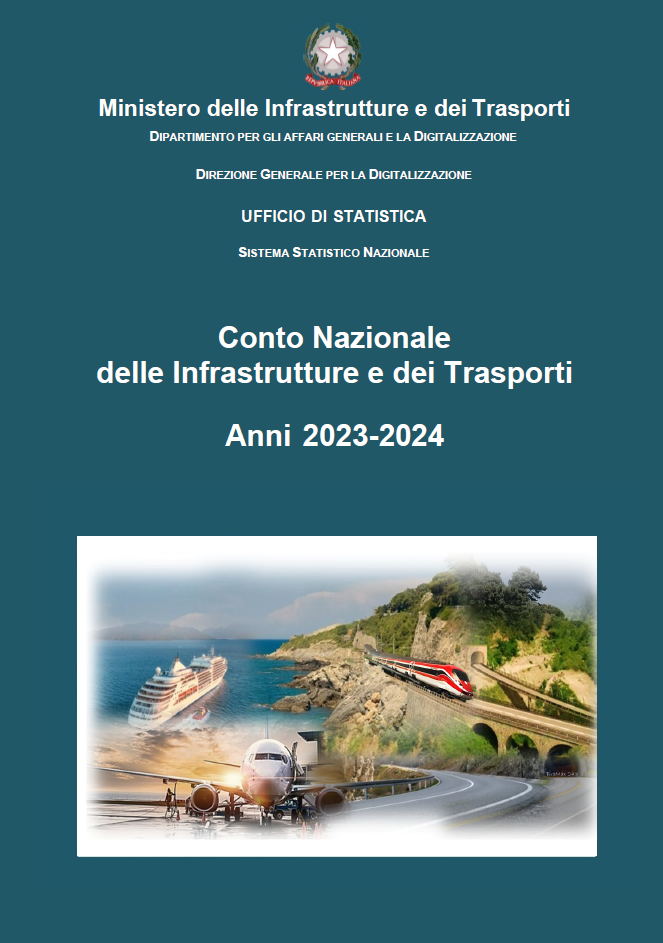// Documenti disponibili n: 46.592
// Documenti scaricati n: 36.662.029
as amended on 6 January 2018
Agreement on the International Carriage of Perishable Foodstuffs and on the Special Equipment to be Used for such Carriage (ATP)
The Agreement on the International Carriage of Perishable Foodstuffs and on the Special Equipment to be Used for such Carriage (ATP) was done at Geneva on 1 September 1970 and entered into force on 21 November 1976.
The objectives of the ATP are to facilitate international transport of perishable foodstuffs and to ensure a high level of preservation of the quality of perishable foodstuffs during their carriage.
The ATP applies to the carriage of perishable foodstuffs performed on the territory of at least two Contracting States not only by road, but also by rail and by sea (sea crossings must be less than 150 km long). In addition, a number of countries have also adopted the ATP as the basis for their national legislation.
The ATP establishes harmonized and improved technical conditions for the preservation of the quality of perishable foodstuffs during their carriage. These conditions concern mainly the temperature to be observed during the carriage and the equipment used for the carriage. The ATP establishes the appropriate temperatures under which the various types of perishable foodstuffs should be carried. It also lays down the requirements for the equipment, including its refrigerating capacity, insulating capacity and efficiency of thermal appliances as well as the methods and procedures for measuring and checking them.
The equipment to be used for transport according to ATP must be certified by a Contracting Party according to the results of tests, the methodology of which is also contained in the ATP. The Contracting Party issues a certificate of compliance with the ATP standards, which is recognized by all the other Contracting Parties to the ATP.
The ATP is an Agreement between States, and there is no overall enforcing authority. In practice, highway checks are carried out by Contracting Parties, and non-compliance may then result in legal action by national authorities against offenders in accordance with their domestic legislation. ATP itself does not prescribe any penalties.
In addition to the text of the ATP Agreement, the publication has three Annexes:
Annex 1 – Definitions of and standards for special equipment for the carriage of perishable foodstuffs;
Annex 2 – Selection of equipment and temperature conditions to be observed for the carriage of quick (deep)-frozen and frozen foodstuffs;
and
Annex 3 – Temperature conditions for the carriage of certain foodstuffs which are neither quick (deep)-frozen nor frozen.
For more information, including the latest updates to the Agreement and access to the ATP Handbook in electronic format, visit the ATP section of the UNECE Transport Division Website.
UNECE
05 October 2017
Collegati:
Direttiva 2004/52/CE del Parlamento e del Consiglio del 29 aprile 2004 concernente l'interoperabilità dei sistemi di telepedaggio stradale nella Comunità
GU n. L 166/124 del 30.04.2...
ID 25138 | 16.12.2025
Regolamento (UE) 2023/2405 del Parlamento europeo e del Consiglio, del 18 ottobre 2023, sulla garanzia di condizioni di parità per un...

ID 24902 | 12.11.2025 / In allegato
Il “Conto Nazionale delle Infrastrutture e dei Trasporti - Anni 2023-2024” realizzato dall'Uffic...
Testata editoriale iscritta al n. 22/2024 del registro periodici della cancelleria del Tribunale di Perugia in data 19.11.2024